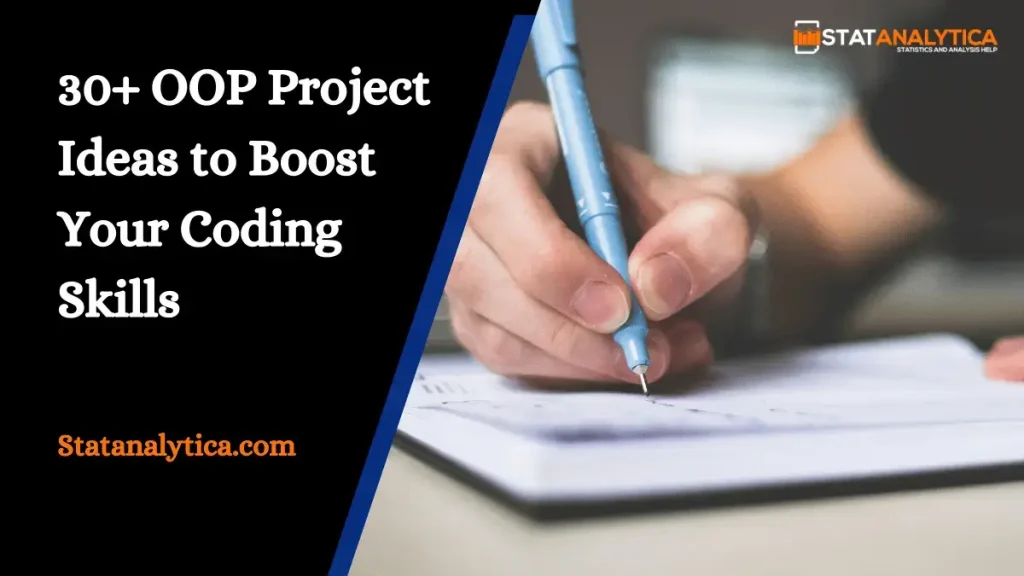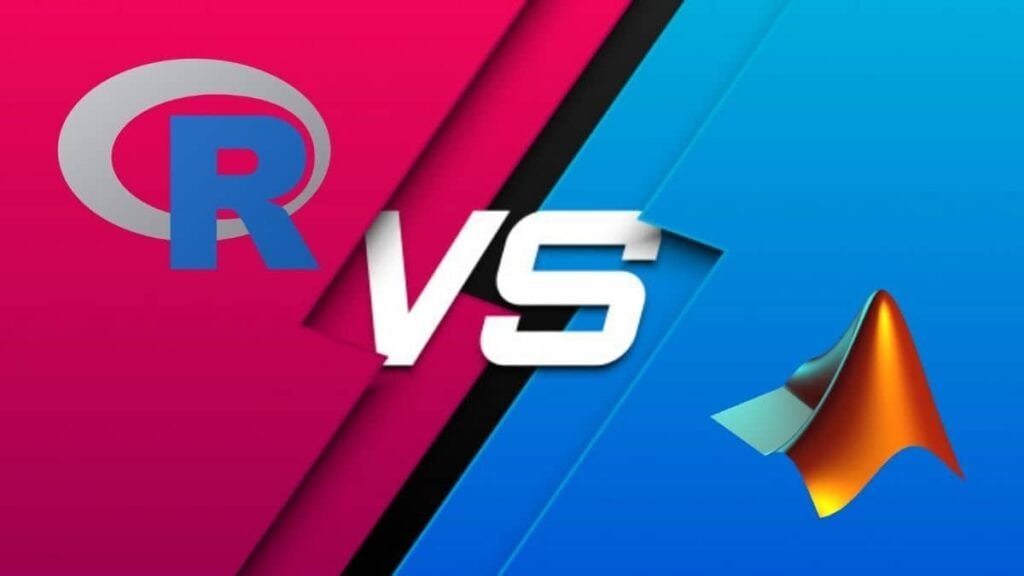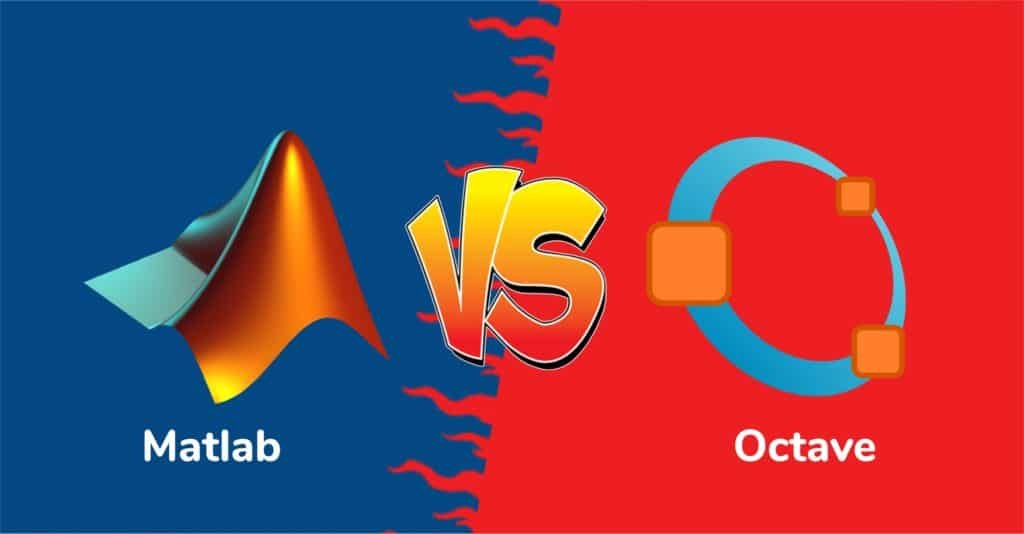OOP stands for Object-Oriented Programming Language. OOP is not only a concept. It is the programming foundation that every student has to learn in their studies and also in their programming practicals. Every programming language follows the concept of OOP, which shows how important OOP is in programming. Students must have learned the OOP concept in their theory books. But having practical knowledge of the OOP is the most essential part of being a programmer.
In this guide, you will find the most innovative and trending OOP project ideas. Those projects will cover all the basic and advanced concepts of OOP. While making those projects, students will gain knowledge of how OOP concepts are used in real-life situations in practical programming.
What is OOP?
Table of Contents
Object-oriented programming (OOP) is all about structuring software based on objects rather than logic or functions. A Real-World Thing is an Object (e.g., a Car or Dog, which has a State and Behavior). Objects are instances of blueprints (classes) that describe their attributes and behavior. Creating, modifying, and managing software efficiently can be easier with OOP, which is why languages like Java, C++, and Python have so much support.
30+ OOP Project Ideas for Students
Here are the 30+ Object-Oriented Programming Projects Ideas for Students
1. Library Management System
- Description: Develop software to manage books, members, and borrowing records in a library.
- OOP Concepts: Encapsulation for managing data, Inheritance for different types of books or members, and Polymorphism for handling various operations on these objects.
- Tech Stack: Java, MySQL, JavaFX.
2. E-commerce Shopping Cart
- Description: Create a shopping cart that allows users to add, remove, and purchase items online.
- OOP Concepts: Encapsulation to manage product and cart details and Abstraction to simplify user interactions.
- Tech Stack: Python, Django, PostgreSQL, HTML/CSS.
3. Smart Home System
- Description: Build a system to control smart devices like lights, thermostats, and cameras in a home.
- OOP Concepts: Inheritance to define various smart devices and Polymorphism to interact with different device types through a standard interface.
- Tech Stack: C++, Raspberry Pi, MQTT, Python.
4. Online Quiz Application
- Description: Design an application that randomizes quiz questions and tracks user scores.
- OOP Concepts: Encapsulation for question and user data and Abstraction to manage quiz logic.
- Tech Stack: JavaScript, Node.js, MongoDB, React.
5. Student Management System
- Description: Create a system for managing student records, courses, and grades.
- OOP Concepts: Encapsulation for handling student data and Inheritance for different user roles like students and teachers.
- Tech Stack: C#, ASP.NET, SQL Server, Blazor.
6. Expense Tracker
- Description: Build an app to track personal expenses and categorize spending.
- OOP Concepts: Encapsulation to manage expense data and Abstraction to simplify interactions with the app.
- Tech Stack: Kotlin, Android Studio, SQLite.
7. Bank Account Management
- Description: Develop software to manage different types of bank accounts like checking and savings.
- OOP Concepts: Inheritance to define various account types, and Encapsulation to protect account details.
- Tech Stack: Java, Spring Boot, MySQL, Thymeleaf.
8. Inventory Management System
- Description: Create a system to track inventory, orders, and suppliers.
- OOP Concepts: Encapsulation to manage product and order data and Polymorphism to handle different product categories.
- Tech Stack: Python, Flask, SQLite, Bootstrap.
9. Social Media Feed
- Description: Develop a primary social media feed to display posts, likes, and comments.
- OOP Concepts: Encapsulation for managing user data and Polymorphism to support different types of posts (text, image, video).
- Tech Stack: JavaScript, React, Node.js, MongoDB.
10. To-Do List Application
- Description: Build a to-do list app that allows users to manage tasks.
- OOP Concepts: Encapsulation to handle task data and Abstraction to simplify user interactions.
- Tech Stack: Python, Tkinter, SQLite.
11. Weather Forecast App
- Description: Create an app that displays current weather and forecasts based on user location.
- OOP Concepts: Abstraction to simplify API interactions and Encapsulation to manage weather data.
- Tech Stack: Java, Android Studio, OpenWeatherMap API.
12. Virtual Pet Game
- Description: Develop a game where users take care of a virtual pet.
- OOP Concepts: Inheritance to define different pet types, and Encapsulation to manage pet attributes.
- Tech Stack: C++, SDL, OpenGL.
13. Online Banking System
- Description: Build an online system for managing bank accounts, transactions, and loans.
- OOP Concepts: Encapsulation to secure user data and Polymorphism to handle different transaction types.
- Tech Stack: Java, Spring Boot, PostgreSQL, Thymeleaf.
14. File Management System
- Description: Create a system to organize and manage files and folders.
- OOP Concepts: Encapsulation for managing file and folder data and Abstraction to simplify file operations.
- Tech Stack: Python, PyQt, SQLite.
15. Online Bookstore
- Description: Develop an online platform where users can browse and purchase books.
- OOP Concepts: Inheritance to manage different genres and Encapsulation to secure transaction data.
- Tech Stack: PHP, Laravel, MySQL, Bootstrap.
16. Fitness Tracker
- Description: Build an app to track workouts, steps, and calories burned.
- OOP Concepts: Encapsulation to manage activity data and Abstraction to simplify user interactions.
- Tech Stack: Swift, Xcode, CoreData.
17. Car Rental System
- Description: Create a system to manage car rentals, including bookings and returns.
- OOP Concepts: Inheritance to define various car types and Polymorphism to handle different rental operations.
- Tech Stack: Java, Spring MVC, MySQL, Thymeleaf.
18. Online Voting System
- Description: Develop a secure online voting platform.
- OOP Concepts: Encapsulation to protect voter data and Abstraction to simplify the voting process.
- Tech Stack: Python, Flask, PostgreSQL, Bootstrap.
19. Recipe Management App
- Description: Build an app to store and organize recipes.
- OOP Concepts: Encapsulation to manage recipe and ingredient data, and Abstraction to simplify user interaction.
- Tech Stack: JavaScript, React, Firebase.
20. Language Learning App
- Description: Create an app for learning languages with flashcards and quizzes.
- OOP Concepts: Abstraction to manage learning activities, and Encapsulation to track progress.
- Tech Stack: Kotlin, Android Studio, Firebase.
21. Ride-Sharing App
- Description: Build a system that matches drivers with passengers.
- OOP Concepts: Polymorphism to manage different ride types, and Encapsulation to handle user data.
- Tech Stack: Swift, Xcode, Firebase.
22. Virtual Classroom
- Description: Create a platform for managing online classes, assignments, and interactions.
- OOP Concepts: Inheritance to manage different user roles and Encapsulation to secure class data.
- Tech Stack: Java, Spring Boot, PostgreSQL, React.
23. News Aggregator
- Description: Develop an app that collects and displays news from various sources.
- OOP Concepts: Abstraction to handle API data and Encapsulation to manage article information.
- Tech Stack: JavaScript, Node.js, MongoDB, React.
24. Music Player
- Description: Build a music player that organizes and plays songs.
- OOP Concepts: Encapsulation to handle music file data and Abstraction to simplify playlist management.
- Tech Stack: Java, JavaFX, SQLite.
25. Chat Application
- Description: Create a basic chat app for sending and receiving messages.
- OOP Concepts: Encapsulation to manage message data and Polymorphism to support different communication modes.
- Tech Stack: JavaScript, Node.js, Socket.io, MongoDB.
26. Hospital Management System
- Description: Develop a system for managing patient records, appointments, and billing.
- OOP Concepts: Inheritance to define different user roles and Encapsulation to secure patient data.
- Tech Stack: C#, ASP.NET, SQL Server, Angular.
27. Smart Parking System
- Description: Create a system to manage parking spaces, reservations, and payments.
- OOP Concepts: Encapsulation to manage parking data and Abstraction to simplify user interactions.
- Tech Stack: Python, Django, PostgreSQL, Bootstrap.
28. Restaurant Reservation System
- Description: Build software to handle table reservations, orders, and customer data.
- OOP Concepts: Encapsulation to manage reservation data and Abstraction to simplify the booking process.
- Tech Stack: PHP, CodeIgniter, MySQL, Bootstrap.
29. Event Management System
- Description: Develop a system to organize events, manage attendees, and schedule activities.
- OOP Concepts: Encapsulation to manage event data and Abstraction to streamline event planning.
- Tech Stack: Java, Spring Boot, MySQL, Angular.
30. Virtual Museum Tour
- Description: Create an app that offers virtual tours of a museum with interactive exhibits.
- OOP Concepts: Inheritance to define different exhibit types and Encapsulation to handle your data.
- Tech Stack: Unity, C#, VR SDKs.
31. AI-Powered Chatbot
- Description: Develop a chatbot that interacts with users using AI.
- OOP Concepts: Encapsulation to manage conversation data and Abstraction to handle AI logic.
- Tech Stack: Python, TensorFlow, Flask, HTML/CSS.
32. Online Portfolio Builder
- Description: Create a tool that allows users to build and customize their online portfolios.
- OOP Concepts: Encapsulation to manage user data and Abstraction to simplify portfolio creation.
- Tech Stack: JavaScript, React, Node.js, MongoDB.
| Note:- If you’re an OOP (Object-Oriented Programming) student looking for exciting project ideas or need help with your coding assignments, Statanalytica is here to assist you! We provide the best Programming Assignment Help and homework help in programming, software development, data structures, and more—all at an affordable price. Get 30% off on your first order! Let us help you sharpen your coding skills. |
Steps to Choose the Right Object-Oriented Programming Project
Choosing the right Object-Oriented Programming (OOP Project Ideas) project involves a few key steps. Here’s a straightforward guide to help you pick a project that suits your needs:
1. Set Your Goals
- What Do You Want to Learn? Decide if you’re aiming to master basic OOP concepts like classes and inheritance or if you want to dive into advanced topics like design patterns and system design.
- Skill Improvement: Think about whether you want to sharpen your coding skills, solve more complex problems, or gain OOP projects management experience.
2. Know Your Skill Level
- If you’re just starting out, Go for more straightforward projects that focus on the basics. A library system or an inventory manager could be good choices.
- Intermediate: Try projects that involve more complex features. A chat application or a small online store might be a good fit.
- Experienced: Challenge yourself with projects that need design patterns and performance optimization. Consider building a large web app or a game engine.
3. Follow Your Interests
- Personal Passion: Choose a project that aligns with your interests. If you enjoy budgeting, a budget tracker could be perfect. If fitness is your thing, a fitness app might be exciting.
- Career Goals: Pick projects that match your career aspirations. A customer management system for business or a simulation tool for engineering could be beneficial if they align with your goals.
4. Consider Project Complexity
- Project Size: Ensure the project is challenging but manageable. Avoid projects that are too ambitious if you’re new to OOP.
- Available Resources: Think about the tools and resources you have, such as libraries and frameworks, that can help you complete your project.
5. Explore Project Ideas
- Simple OOP projects: Start with classic OOP projects like a to-do list app, a primary game (like tic-tac-toe), or a contact manager.
- Advanced Ideas: For something more challenging, consider creating a recommendation system, a custom chatbot, or a personal knowledge base.
6. Think About Practical Use
- Real-World Application: Choose OOP projects that have practical uses or real-world applications to make your work more meaningful.
7. Get Feedback
- Ask for Advice: Show your project to your Mentors, seniors and teachers, ask them for their feedback and implement that feedback.
Final Words
One of the best ways to understand some critical concepts about Object-Oriented Programming (OOP) is to try it with actual projects. From a Library Management System to an E-commerce Shopping Cart or even a Smart Home System, you can see how classes and objects come together.
This helps you go beyond understanding OOP and go hands-on with real-world tools and technologies. For instance, a social media feed, fitness tracker or triggering online voting demonstrate how you can leverage OOP principles to develop real-life applications.
FAQs
Which projects can I try to implement with OOP?
You can choose a Library management system, an e-commerce shopping cart, a smart home system, an online Quiz Application, etc. These projects involve Working with different OOP Concepts and Challenges.
Which technologies are used for OOP projects?
It depends on the technology you use for OOP, but the essential programming languages for most often OOP projects are Java, Python, C++, and C#. Tools like Spring Boot (Java) or Django (Python) for web projects.
Tips to Design an OOP Project.
The critical points to making your OOP project successful are well-designed classes and objects, using encapsulation for data protection, implementing inheritance for code reusability, and achieving polymorphism that makes the code flexible to change. Keeping organized code according to known best practices will help.


